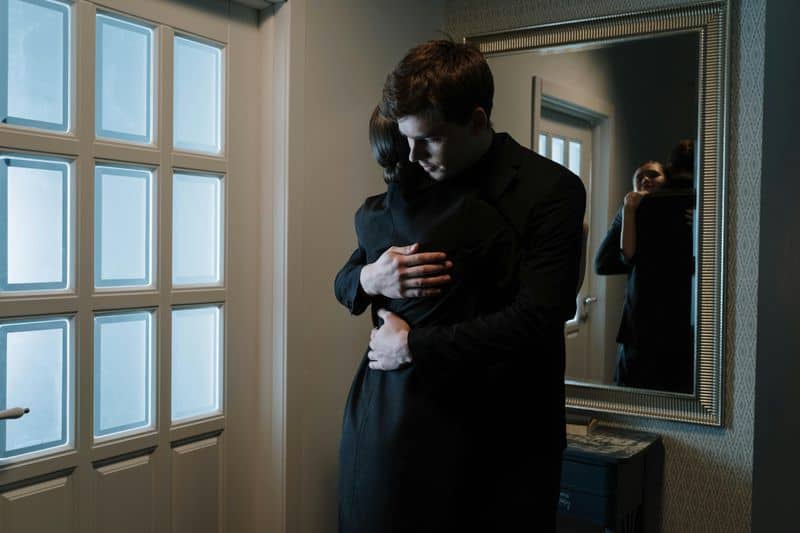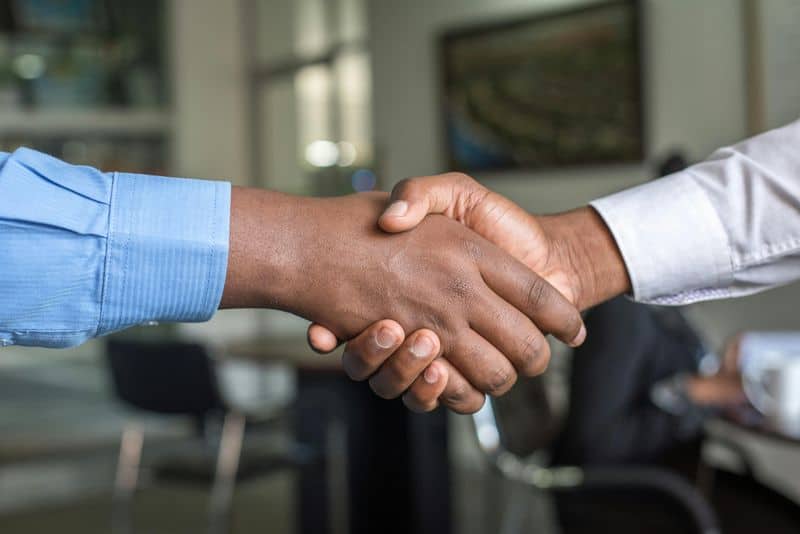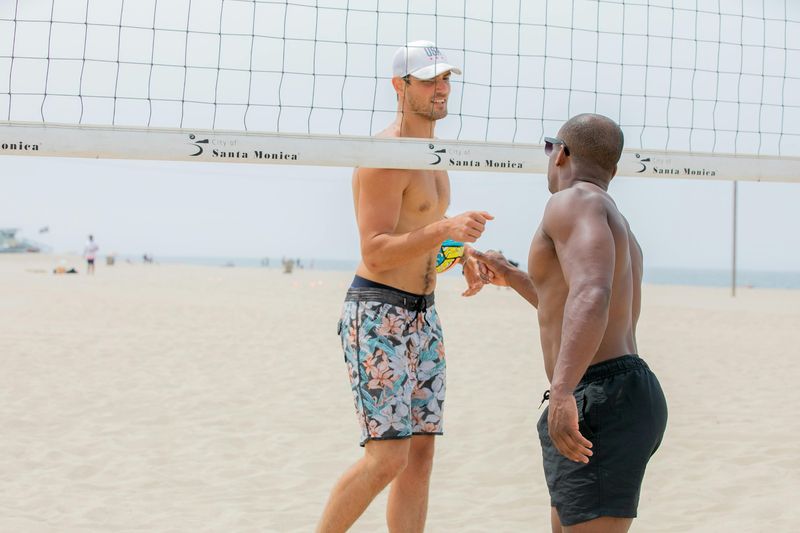Ever notice how your buddy transforms from a grunting caveman to a lovesick puppy when he finds ‘the one’? It’s not just your imagination.
Science suggests men actually rely on romantic relationships more than women do.
While women often maintain strong friendship networks and emotional support systems, guys tend to put all their emotional eggs in one relationship basket.
1. Emotional Support Desert
Men’s friendships often revolve around activities rather than heart-to-heart talks. They’ll spend hours discussing sports stats but clam up when feelings enter the chat. This emotional desert means romantic partners become their primary oasis for expressing vulnerability.
Research shows guys typically have smaller emotional support networks than women. While women maintain multiple deep friendships throughout life, men’s circle of confidants shrinks after adolescence, leaving them emotionally dependent on romantic partners.
The irony? Men are socialized to appear strong and independent, yet they’re often secretly desperate for that one safe space to express their feelings.
2. Health Takes a Nosedive
Bachelor life might seem glamorous in movies, but real-life statistics tell a different story. Single men experience higher rates of depression, anxiety, and even shorter lifespans compared to their partnered counterparts.
The bathroom tells the tale – single guys are notorious for their 3-in-1 shampoo-conditioner-body wash and questionable hygiene habits. A romantic partner often serves as both health advocate and reason to maintain basic self-care routines.
Without someone asking “have you seen a doctor about that weird mole?” many men simply ignore health concerns until they become serious problems. Women, meanwhile, typically maintain preventative healthcare regardless of relationship status.
3. Breakup Breakdown
Ever wonder why your buddy disappeared for three months after his breakup? Men often experience more severe emotional fallout when relationships end. They’re like emotional jenga towers – remove one critical piece and the whole structure collapses.
Women typically process grief by talking with friends, journaling, or seeking therapy. Guys? They might grow a breakup beard, play video games for 72 hours straight, and pretend everything’s fine while secretly listening to sad songs on repeat.
Studies show men are more likely to use unhealthy coping mechanisms like excessive drinking after breakups. Without multiple emotional outlets, they’re left processing complex feelings through limited channels.
4. Vulnerability Vaults
Men store their emotions like nuclear codes – locked away in high-security vaults with limited access. For many guys, their romantic partner holds the only key. That’s a lot of pressure on one relationship!
“I only cry in front of my wife” isn’t just a funny meme – it’s reality for countless men who’ve been conditioned to hide vulnerability. Their partner becomes the sole witness to their authentic emotional range.
Women generally feel comfortable showing vulnerability across multiple relationships. They might cry with friends, family members, or even supportive colleagues, creating a distributed emotional support system that doesn’t collapse if one relationship ends.
5. Respect Hunger Games
Men crave respect like teenagers crave TikTok fame – desperately and somewhat inexplicably. Within romantic relationships, feeling respected for their abilities, decisions, and contributions becomes their emotional bread and butter.
Women certainly appreciate respect too, but they typically have multiple sources validating their worth. Female friendships often include explicit affirmation and recognition that men rarely experience with their buddies.
The average guy’s friend might say “nice job not screwing that up” as their highest form of praise. No wonder men become dependent on partners for the genuine appreciation and recognition that everyone needs!
6. Touch Starvation Station
Non-romantic physical touch is practically extinct in many men’s lives. When was the last time you saw two adult male friends casually hugging or holding hands? Meanwhile, female friendships often include regular physical affection without a second thought.
For many guys, romantic relationships provide their only source of physical touch beyond awkward handshakes and occasional bro-hugs. This creates a profound physical and emotional dependence on partners for basic human contact.
Studies show physical touch releases oxytocin – the bonding hormone – and reduces stress. Women typically get these benefits from multiple relationships, while men often rely solely on romantic partners for this fundamental human need.
7. Validation Vacation
Men’s appreciation language often resembles a foreign dialect nobody bothered to teach them. They’re dying for someone to say “you matter” but can barely mumble “thanks” when someone does.
Female friendships frequently include validating statements like “you’re doing amazing” or “I’m so proud of you.” Guys typically express appreciation through actions or jokes, leaving many men validation-starved outside romantic relationships.
A man’s partner often becomes his primary source of emotional validation – the only person telling him he’s enough just as he is. Without this relationship, many men feel perpetually uncertain of their worth, creating an intense dependence that women typically don’t experience to the same degree.
8. Communication Constipation
Most men would rather explain cryptocurrency to their grandmothers than discuss their feelings. Their emotional vocabulary often consists of three settings: fine, hungry, and angry. Romantic relationships become the one place they gradually develop emotional literacy.
Women typically practice emotional communication regularly with friends and family. They discuss nuanced feelings, seek advice, and process complex emotions through conversation, developing sophisticated emotional intelligence through multiple relationships.
For many men, their partner becomes both translator and teacher of emotional language. Without this relationship, they often revert to emotional cavemen, grunting their way through life’s complexities without the tools to process what they’re actually feeling.
9. Independence Illusion
Men pride themselves on independence while secretly relying on partners for everything from remembering birthdays to finding matching socks. It’s the greatest magic trick in relationships – appearing self-sufficient while being profoundly dependent.
Women typically maintain multiple interdependent relationships throughout life. They’re more likely to ask friends for help, coordinate with family members, and build community networks that support their needs across different relationships.
The rugged individual man is often a carefully maintained façade. Behind closed doors, many men depend heavily on partners for emotional regulation, household management, social connections, and even basic adulting skills that women typically distribute across multiple relationships.
10. Teamwork Dream Work
Remember group projects in school? Women were usually building backup plans while guys were hoping someone else would handle the details. Not much changes in adulthood!
Men often approach life’s challenges as solo missions until they find a partner who introduces them to the revolutionary concept of teamwork. Suddenly, having someone to tackle life’s obstacles alongside them feels like discovering fire.
Women typically maintain collaborative approaches across multiple relationships, solving problems with friends, family, and colleagues. They’re less likely to experience partnership as a novel concept and more likely to have developed teamwork skills through various relationships, making romantic partnerships just one of many collaborative experiences rather than their primary source of support.











